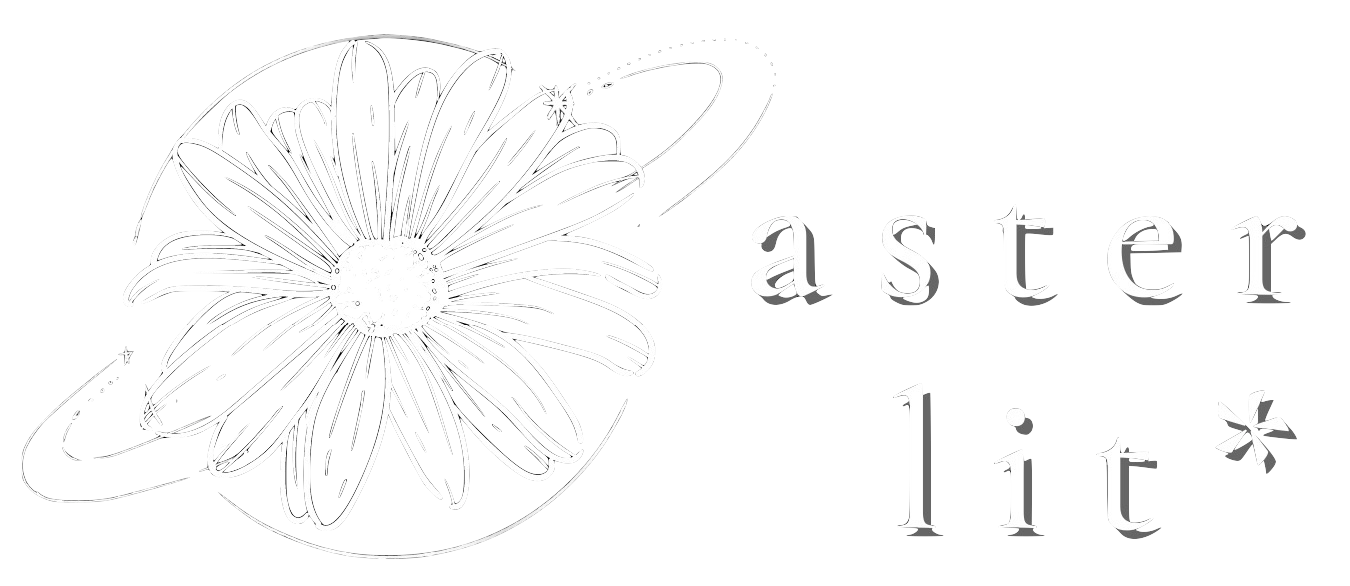
aster lit issue 10: lacuna
editor theme reflections
David Chen, Editor-in-Chief
Communication is a keystone of our species—we are social beings. In a new environment, we search for connections between us and others. That is the way we were constructed and molded by the world around us.
Across space and time, there is always a moment when this system breaks down. It’s in the setting sun radiating over the pink-purple clouds that used to look like cotton candy, and one day, inexplicably, they didn’t. It’s in the way that there are words I can’t translate for my parents, no matter how hard I try. It’s in the way I can’t find the right words, the right tone, the right things to speak to my mother.
What’s left behind is the lacuna—the gap. The gap between childhood wonder and adulthood reality. The gap between cultures and languages and spaces. The gap between generations and upbringings and time. The gap between parent and child, father and son, mother and daughter.
As the crescent moon toys with the tides, pushing and pulling, time continues to pass and these gaps continue to grow. There’s always that missing piece of the puzzle.
Emma Zhang, Managing Editor
There is a comfort in thinking we are all connected—through language, through emotion, through the ground on which we stand and the coolness of water. There seems to be a shared connection in just being human—rhythms in biochemistry, black in white silent films where each character feels vaguely familiar, conversation between two strangers on an airplane before parting ways forever. But what happens when that fails? When our precise perspectives subconsciously create a black hole, a glass door, a swelling inside us that feels natural and human yet cannot be understood? We created language, but to create is also to set boundaries. How have these boundaries defined us, surrounded us, or created something deeper within us? Is it possible to grow and differentiate as a person without losing something in return? After all, who are we but the people we are not?
My favorite words that don't have an English translation include hygge (from Danish, the comfort and coziness in friendship that leads to wellbeing), saudade (from Portuguese, longing and emptiness for something you remember fondly but will never experience again) and Mamihlapinatapai (from Yaghan of Tierra del Fuego, a look shared by two people, each wishing that the other would initiate something that they both desire, but which neither wants to begin or strong, shared glance that connects two speakers without words). While English distinguishes blue and green as separate colors, many languages don't, using the sky and leaves as reference points. Every language has different points of concentration and dilation, and we learn to categorize experience based on frameworks of language. If our language shapes perception, does these lacunas make us developmentally different? Or is any gap, any space, any inconsistency, simply a matter of restructuring, of seeing between the lines?
Fiona Jin, Poetry Editor
Humans tend to think about their lives as a chain of events—but the flow of time is not discrete. Between the named and the recognized is everything that we were not taught the words for. How we look, then look back. We will never slice time thin enough for nothing to flicker in the photographs in the space of a blink, the tremble of a hand, the tilt of the world toward something just a little brighter.
I truly believe that every space is a liminal space, because we are constantly in transit, because all that we experience becomes part of us. At any given moment, we are so much more than the world cupped in our hands, staring back at us. We contain so many more vocabularies than the world wants us to learn. This is lacuna: who we are staring out the bus’s last window, blinded by the light only we can see, waiting for a rush of color that never comes, that is always coming.



